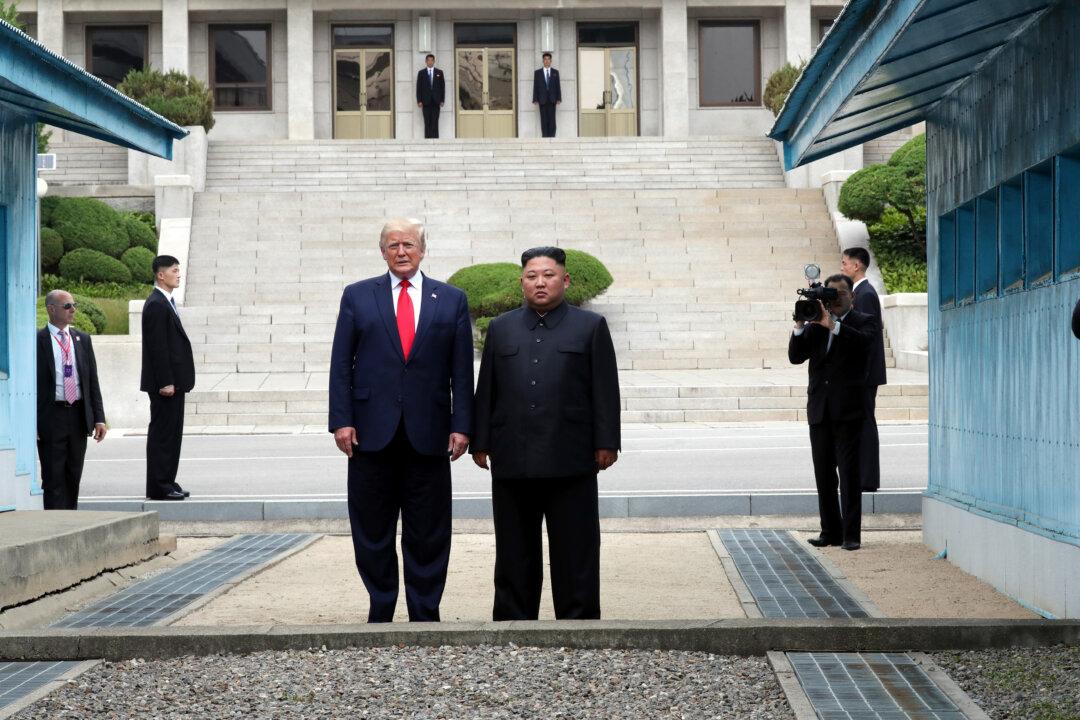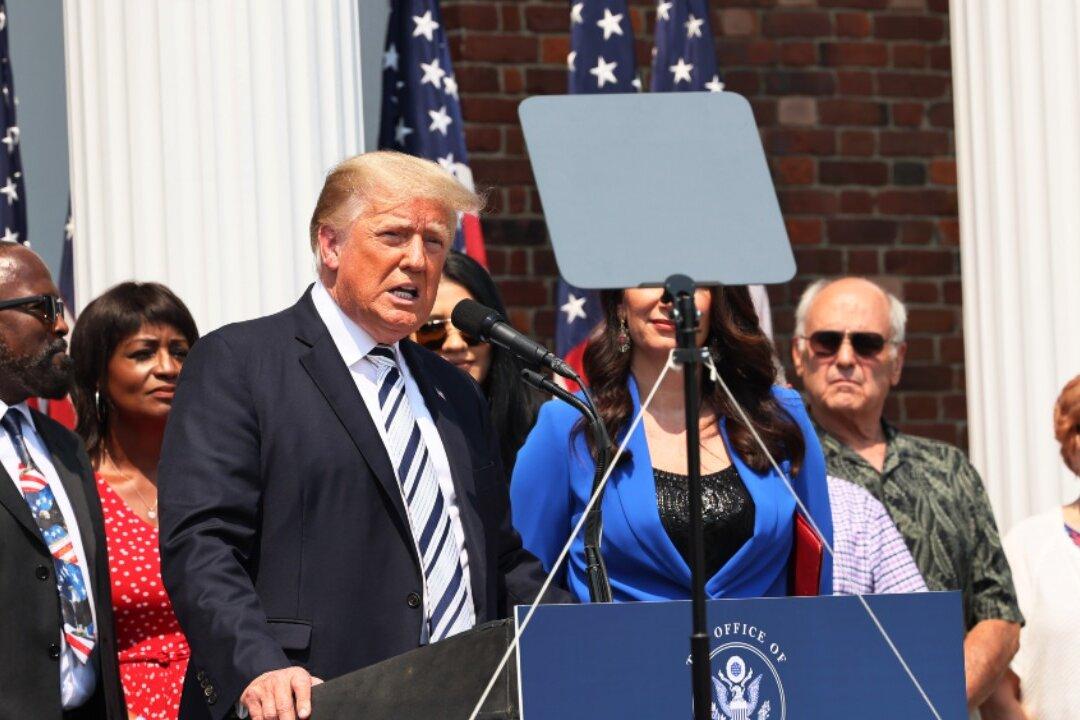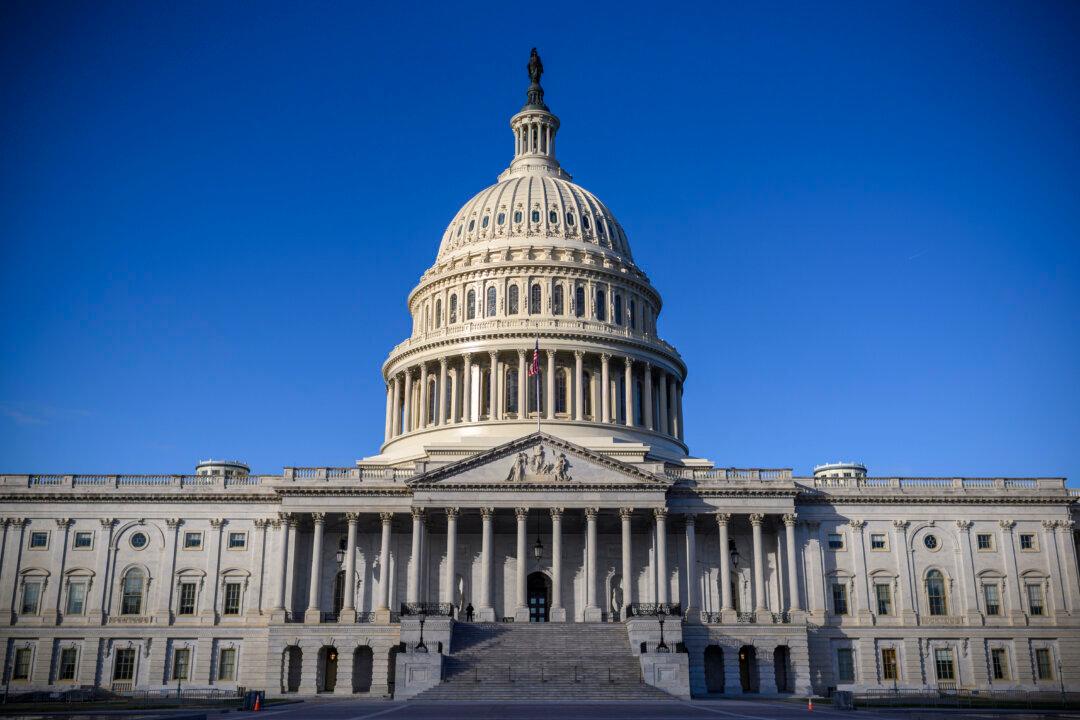North Korea is willing to go to the negotiation table with the United States again for denuclearization talks in late September, with the condition that Washington’s proposals are acceptable, or the North Korea-United States dealings “may come to an end.”
First Vice Foreign Minister Choe Son Hui said on Sep. 9, that North Korea is “willing to comprehensively talk about all the issues we have discussed until now with the United States at an agreed time and place in late September,” reported the North Korea state media.




